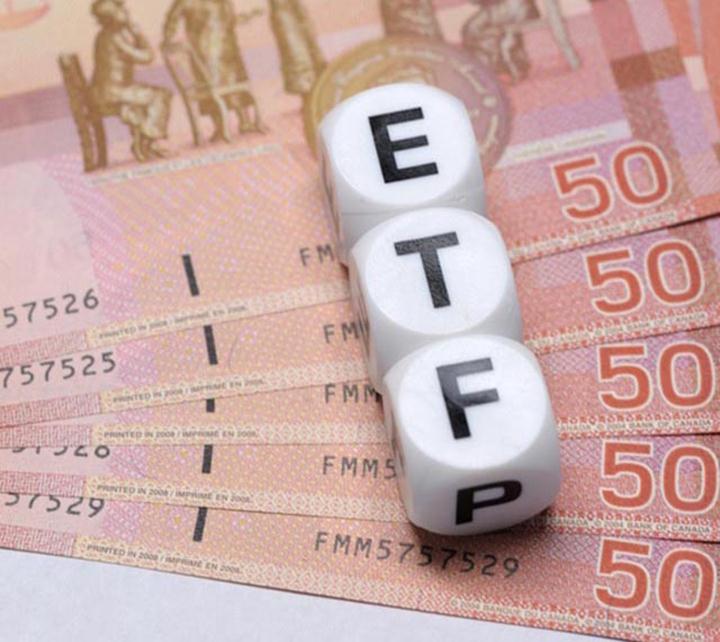ETF, short for exchange-traded funds, and mutual funds are two more common investment options for individuals looking to diversify their portfolio and increase net worth. Of course, with so many different funds, bonds, and other investment options out there, it can become incredibly difficult to know what the difference is and how one compares to the other. That is exactly why it is necessary to know what the difference is and how one is better than the other in differing ways.
Fees
One element early investors tend to not look into (and even experienced investors can forget from time to time) are the fees associated with an investment opportunity. Most mutual funds are going to charge around 1.3% to 1.5% for the investment, although it can change depending on the specific mutual fund, where it is located (overseas mutual funds usually come with a larger fee), and other variables. Some companies even charge an additional 1% for advisers and management services, which can increase the cost of the portfolio to about 2.5%. On the other hand, the average expense of an EFT is 0.44%, and with a possible management fee on top of it of 1%, an ETF generally costs less than maintaining mutual funds.
Specific Markets
There are different investment markets for mutual funds. These markets can include international trade (such as China, a booming international business sector), gold and precious materials, and other investment opportunities. With an ETF, however, there are fewer markets available to diversify the account. Essentially, when you purchase the ETF, the ETF is involved with a specific sector. For example, the ETF might be involved with consumer products in Argentina or solely in precious materials. Essentially, the investment fields must be connected in order to be grouped into the ETF. Diversification is always desirable, which is why mutual funds are so popular in terms of investment opportunities.
Investment Minimum
When you open a mutual fund account, you need a minimum amount to open the account. Some investments require you to have at least $10,000 or more in order to even open the account. This might not prove a problem for some investors, but for those just starting out, having such a substantial amount of money sitting around is just not possible. On the other hand, an EFT does not have any sort of investment minimum, which makes it easily accessible by anyone. As long as you can purchase one share, you are able to have stake in an ETF.
Taxes
Taxes are the main drawback to mutual funds. Even if you are able to afford the investment minimum and the other variations of the account, it can be an inefficient form of investment. There are times where your account, even if it loses money, is charged taxes. This is because the account manager might have sold off winnings earlier in the year, which allows the management firm to showcase a better return on investment in their advertisements, but you end up paying taxes on it. ETFs work like stocks, so unless you made money on your investment, you are not paying taxes.
Featured Image: Thinkstock/TonyIaniro



